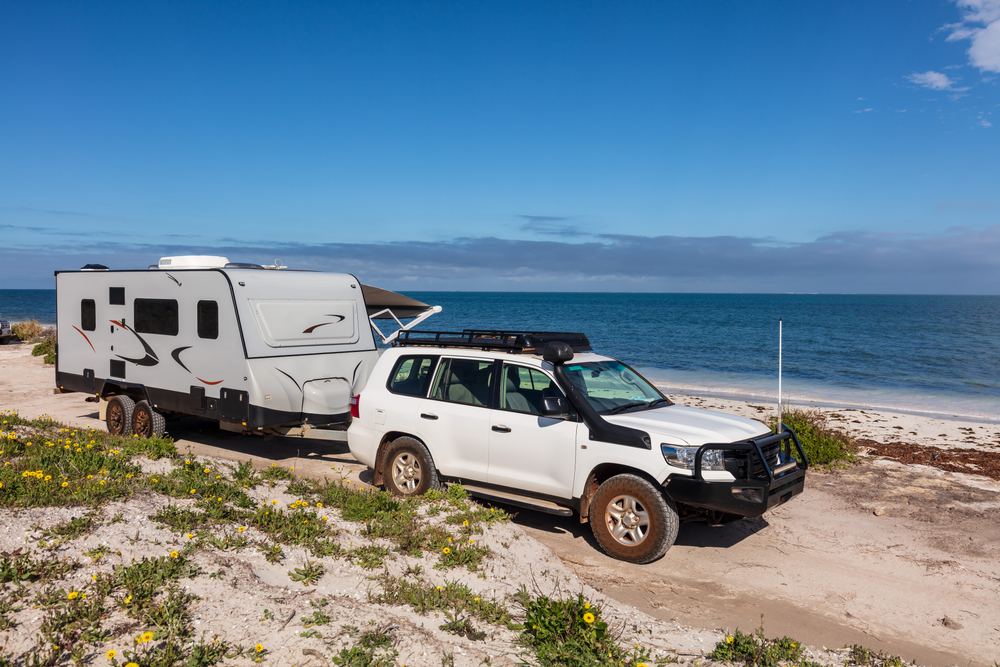Brisbane’s 2032 Olympics should not be viewed as the end of a golden decade of Australian sport but rather a springboard to sustained success.
That is according to swimming legend Kieren Perkins, who now runs the Australian Sports Commission, as the nation prepares for a period littered with home world championships and other major sporting events.
Perkins addressed the National Press Club in Canberra on Wednesday after his organisation released its strategic vision, which says the 2032 Olympics will be a success if they inspire a new generation of Australian athletes.
He said the coming decade was “one of the greatest periods of opportunity in Australia’s sporting history”.
“Our most important job will be to put these words into action … any game plan in sport is only as good as the way in which you deliver it,” Perkins said.
“The reality is that for Australia to establish the world’s best sporting system, none of us here will be able to win alone.
“But if we can all be part of this together, we will achieve remarkable things – not just for sport, but for Australia.”
Major events in Australia across the next decade include the T20 Men’s Cricket World Cup, the FIFA Women’s World Cup, the 2026 Commonwealth Games, men’s and women’s Rugby World Cups and the Netball World Cup – and that is before the Olympics head to Brisbane in 2032.
But Perkins admitted funding of athletes might need to improve to match rival nations, particularly in the ‘non-major’ sports.
While Australia invests $150 million a year into 35 performance programs, only $14.6 million goes in direct grants to athletes.
That means the average grant for an athlete is $16,000 a year, with the maximum any can get $35,000.
“Most athletes don’t make the equivalent of a minimum wage (from their sport) and almost all finish without any superannuation,” he told the press club.
“We want to ensure athletes are not significantly disadvantaged financially during their athletic careers while they pursue success in representing our country.
“The reality is, competing in contemporary international sport requires a full-time workload.
“Many other countries are providing the financial support needed for their athletes to obtain this.”
The two-time Olympic gold medallist confirmed the government had committed to $28.6 million funding over four years for the nation’s Winter Olympic and Paralympic teams, an Australian first.
Perkins also dispelled rumours the Australian Institute of Sport would move from its current Canberra headquarters to southeast Queensland ahead of the Brisbane Games.
But he said the 41-year-old campus needed revitalisation given the extreme demand on the facilities in recent times.
Alex Mitchell
(Australian Associated Press)




